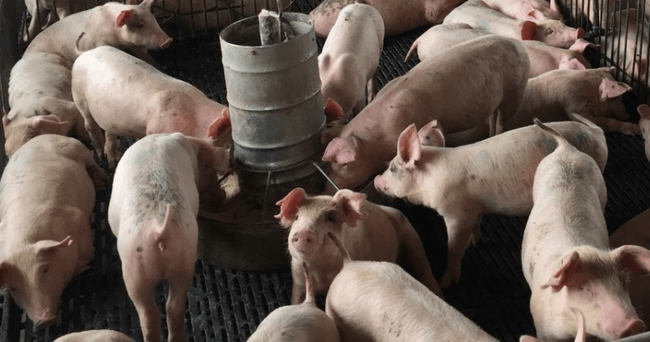The lack of professional training, high employee turnover and the shortage of skilled labor in the hospitality industry are the main challenges identified by representatives of the Employers Federation of Romania's Hospitality Industry (FPIOR), which is calling for "urgent and coordinated" measures at national and European level.
According to a statement by the organization, a delegation of 16 FPIOR members is in Brussels, meeting with European organizations in the field to discuss the challenges and opportunities in the hospitality and public catering sector, identifying common challenges, such as the lack of professional training, high employee turnover and the shortage of skilled labor, and also looking at European models of social dialogue and best practices.
"The Romanian hospitality needs a strong voice at European level. Social dialogue is the key to a sustainable, modern and competitive industry," said the organization's executive president Calin Cozma in the cited release.
One of the main topics approached refers to European social dialogue models, with the Federation specifying that in Romania, hospitality and tourism trade unions are almost non-existent, which is why it aims to develop this culture in order to create a stronger industry, with a better balance between employers and employees.
Regarding collective agreements and best practices, FPIOR said that it has an EU project underway, to address the lack of expertise in negotiating such agreements at national level, and aimed at building skills and bringing European experience to Romania.
FPIOR representatives also explored examples of best practices in Europe, in order to build a model adjusted to local realities, with mutual benefits for both employees and employers.
Another topic discussed is support for setting up a national hospitality union, with the bottom-up structure beginning from the local level, or thee top-down national coverage variant being analyzed for developing a solid and sustainable union movement, the release also said.
"The event brought to the same table concerns shared by all European countries: decision decentralization, flexibility of regulations and the development of real social dialogue," emphasized FPIOR vice-president Corina Macri.
The dialogue with Food Service Europe also brought up issues regarding the sustainability of supply chains and public procurement, including ways to protect the environment without affecting the quality of services and costs.
In this context, FPIOR proposes the creation of a European partnership for social dialogue and sustainability in hospitality, with a joint declaration foreseen for spring 2026, as well as participation in EU projects, such as Horizon Europe and Erasmus+.
The Employers Federation of Romania's Hospitality Industry the largest relevant national organization, bringing together over 1,000 companies and representing 26 counties, plus the municipality of Bucharest, 29 employers and over 30,000 employees.
































Comentează